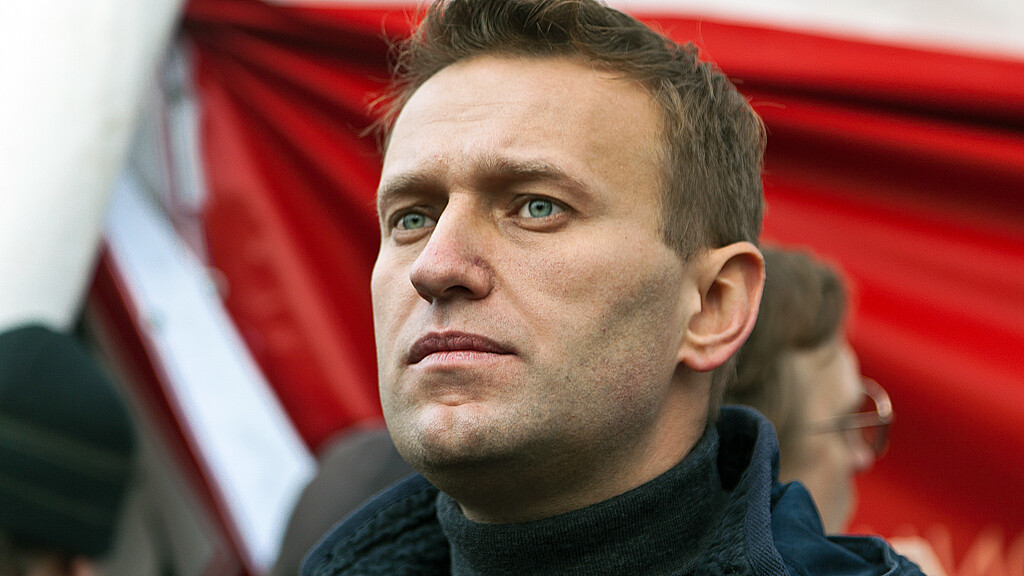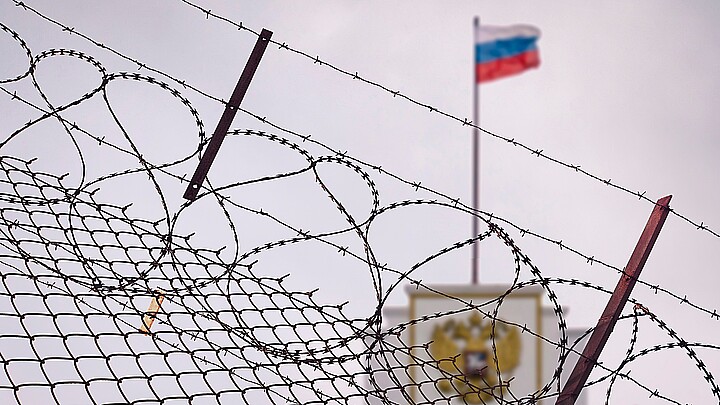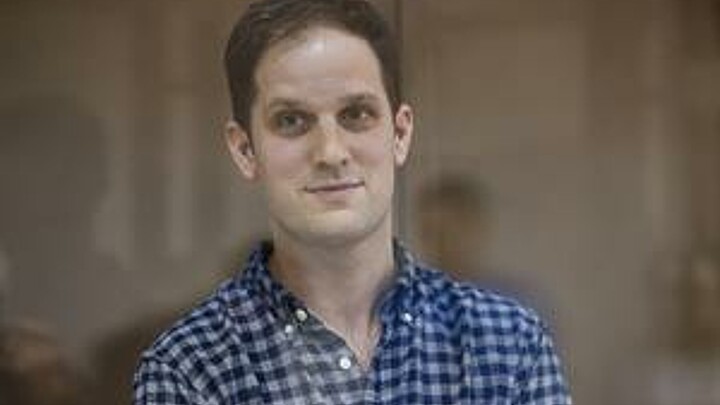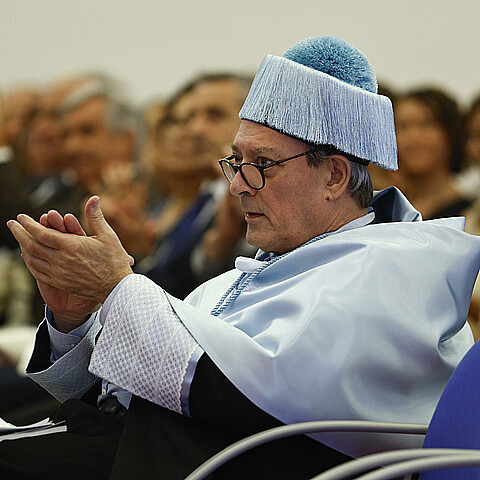Human Rights
Russian dissident and human rights leader Alexei Navalny dies in prison
Navalny was hailed by many as a hero for human rights in a country known for brutal repression, and had a long history of courageously leading historic anti-Kremlin protests

February 16, 2024 9:01am
Updated: February 16, 2024 9:01am
Russian dissident and opposition leader Alexei Navalny died in prison, according to reports citing Russian authorities. The pro-democracy crusader was 47 years old at the time of his death, serving a combined 30.5-year sentence on charges of extremism.
He was relocated from his former prison to a “special regime” penal colony in December to a prison above the Arctic Circle, which was one of the highest security level of prisons in the Eurasian country.
Navalny was hailed by many as a hero for human rights in a country known for brutal repression and had a long history of courageously leading historic anti-Kremlin protests.
During a business trip in Russia in 2020, Navalny was poisoned with a military nerve agent, a move that many attributed to Vladimir Putin. While the opposition leader spent his last years behind bars, Putin sent thousands of Russian youths off to war in its illegal invasion of Ukraine.
According to the Federal Penitentiary Service, Navalny became sick after a walk Friday and lost consciousness. A medical crew reportedly tried to revive the opposition leader, but failed and he died, authorities said.
“On February 16, 2024, in penal colony No. 3, convict A.A. Navalny felt unwell after a walk, almost immediately losing consciousness,” the prison service for the Yamalo-Nenets region, where Navalny was moved, said in a statement on its website.
“The facility’s medical workers immediately arrived at the scene and an emergency medical team was called in. All necessary resuscitation measures have been carried out, but they did not yield positive results. Emergency medics confirmed the death of the convict,” the statement added.
Navalny’s spokeswoman Kira Yarmysh said that the politician’s team had no confirmation of his death, and that his lawyer was traveling to the town where he was held.
News of Navalny’s death drew fire from the West and from other dissident leaders.
Ukrainian President Volodymyr Zelenskyy, currently in Munich, said it was “obvious” that Putin orchestrated Navalny's death.
Mikhail Khodorkovsky, a former Yukos oil oligarch-turned-dissident who also served time in a Russian prison, said on X: “If this is true, then, regardless of the formal cause, the responsibility for premature death is borne by Vladimir Putin, who first authorized the poisoning of Alexei and then put him in prison.”
The news “only underscores the weakness and rot at the heart of the system that Putin has built. Russia is responsible for this,” Secretary of State Antony Blinken said at the Munich Security Conference.
European Union Commission President Ursula von der Leyen said on X that Navalny's death was a “grim reminder of what Putin and his regime are all about.”
NATO chief Jens Stoltenberg implied Moscow was responsible for the tragedy, flatly saying that, “Russia has serious questions to answer.”









